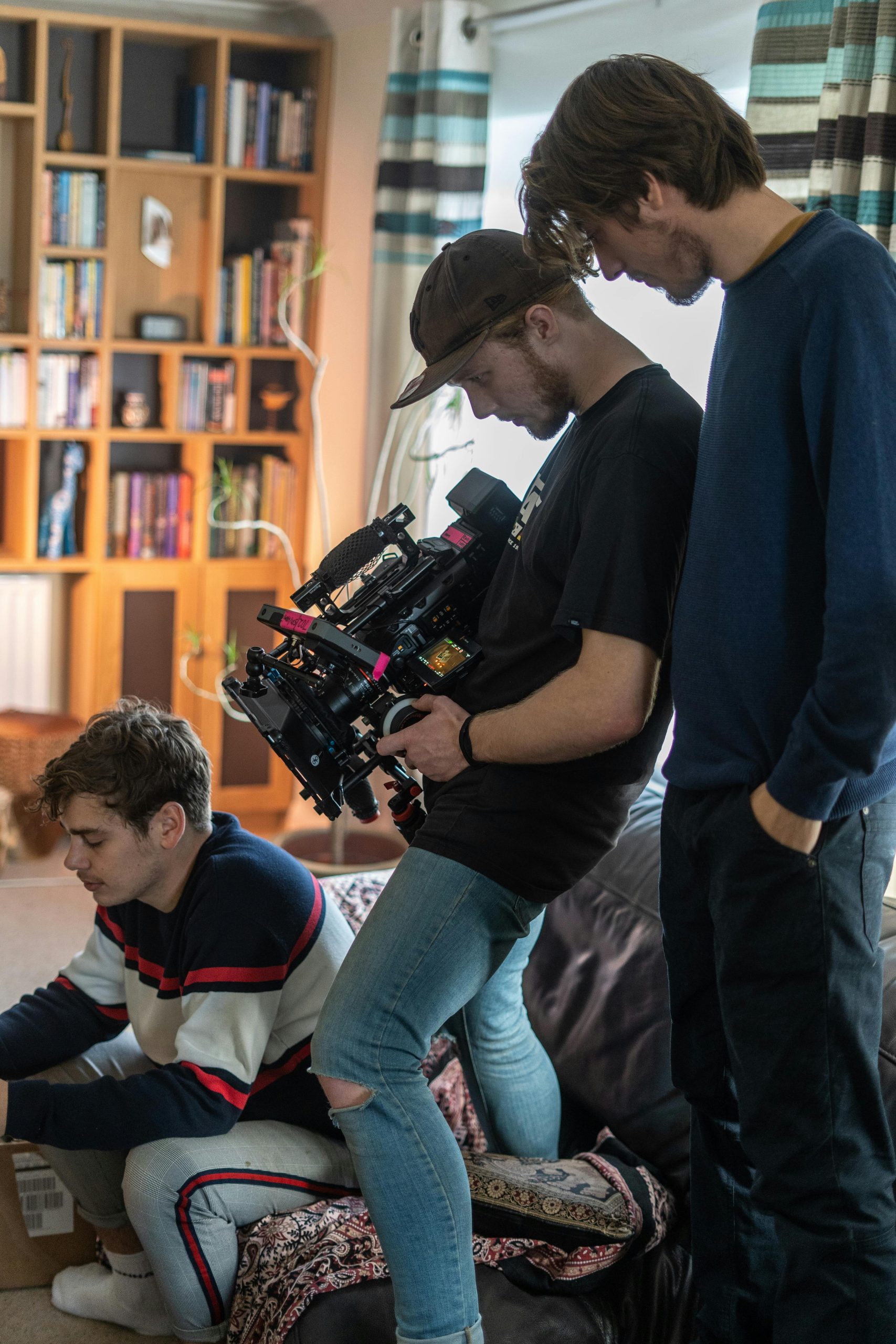Title: Are Aftermarket Parts Covered If I’m Not at Fault?
Hi r/insurance,
I was recently involved in an auto accident in Texas where the other party accepted responsibility after hitting my car while I was stopped at a stop sign. As a result, the paint protection film on my vehicle was damaged and is estimated to cost around $3,000 to replace.
Unfortunately, my insurance only covers $1,000 for aftermarket parts. Given that the other party is liable, shouldn’t they be responsible for restoring my vehicle to its pre-accident condition, including the PPF?
The other party’s insurance claims that this cost is out-of-pocket for me, and I’m confused about why I should be financially accountable when the accident wasn’t my fault. Is there any legal precedent or information I can use to better argue my case with them?
Thanks for your help!




It’s understandable to feel frustrated in your situation. In general, when the other party is found liable for an accident, their insurance is responsible for covering the costs associated with returning your vehicle to its pre-accident condition. This typically includes both OEM and aftermarket parts, provided they are deemed necessary to restore the vehicle.
In Texas, the law states that the liable party’s insurance should cover all damages resulting from the accident, which may include aftermarket components like your paint protection film (PPF). However, insurance policies can vary significantly, and some carriers may have specific limits or exclusions around aftermarket parts.
To strengthen your case, consider the following steps:
Communicate Clearly: Reach out to the claims adjuster from the other party’s insurance and clearly state that you expect full compensation for the damages to your PPF. Make sure to provide them with any estimates or invoices you have.
Gather Documentation: Collect all relevant documentation, including photos of the damage, estimates for repair, and any correspondence with both your insurer and the other party’s insurer.
Refer to Precedents: While there may not be a specific legal precedent regarding aftermarket parts, you can reference Texas law concerning property damage claims. Highlight that your goal is to be made whole, which typically includes all damages directly resulting from the accident.
Consider a Lawyer: If you continue facing resistance, you may want to consult with a personal injury attorney or a claims consultant who specializes in these types of cases. They can provide legal advice and potentially help negotiate with the insurance company on your behalf.
File a Complaint: If the other party’s insurance is unwilling to cooperate, you can also consider filing a complaint with the Texas Department of Insurance. This can sometimes prompt a more favorable resolution.
Ultimately, it’s important to assert your right to be compensated fully for all necessary repairs—don’t hesitate to stand firm on this issue. Good luck!